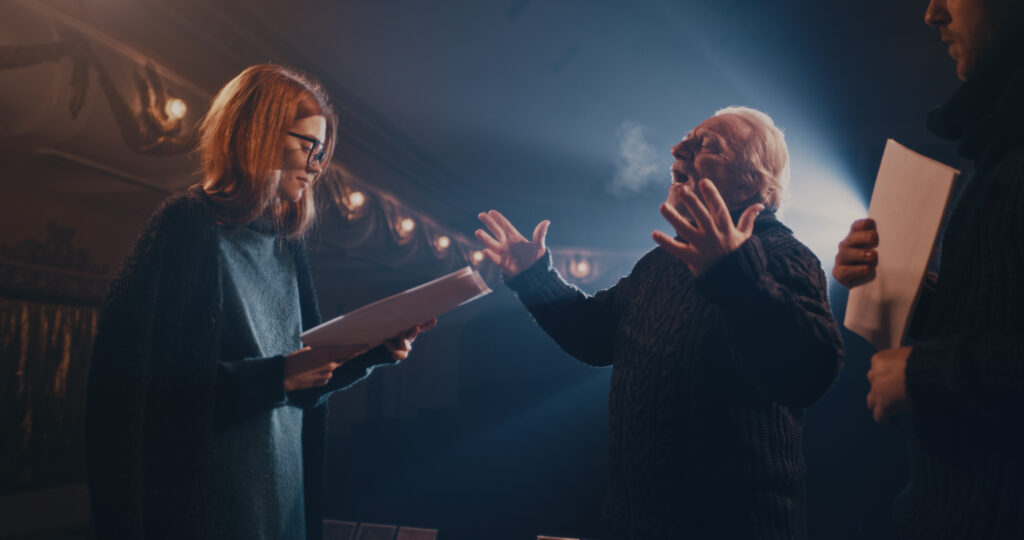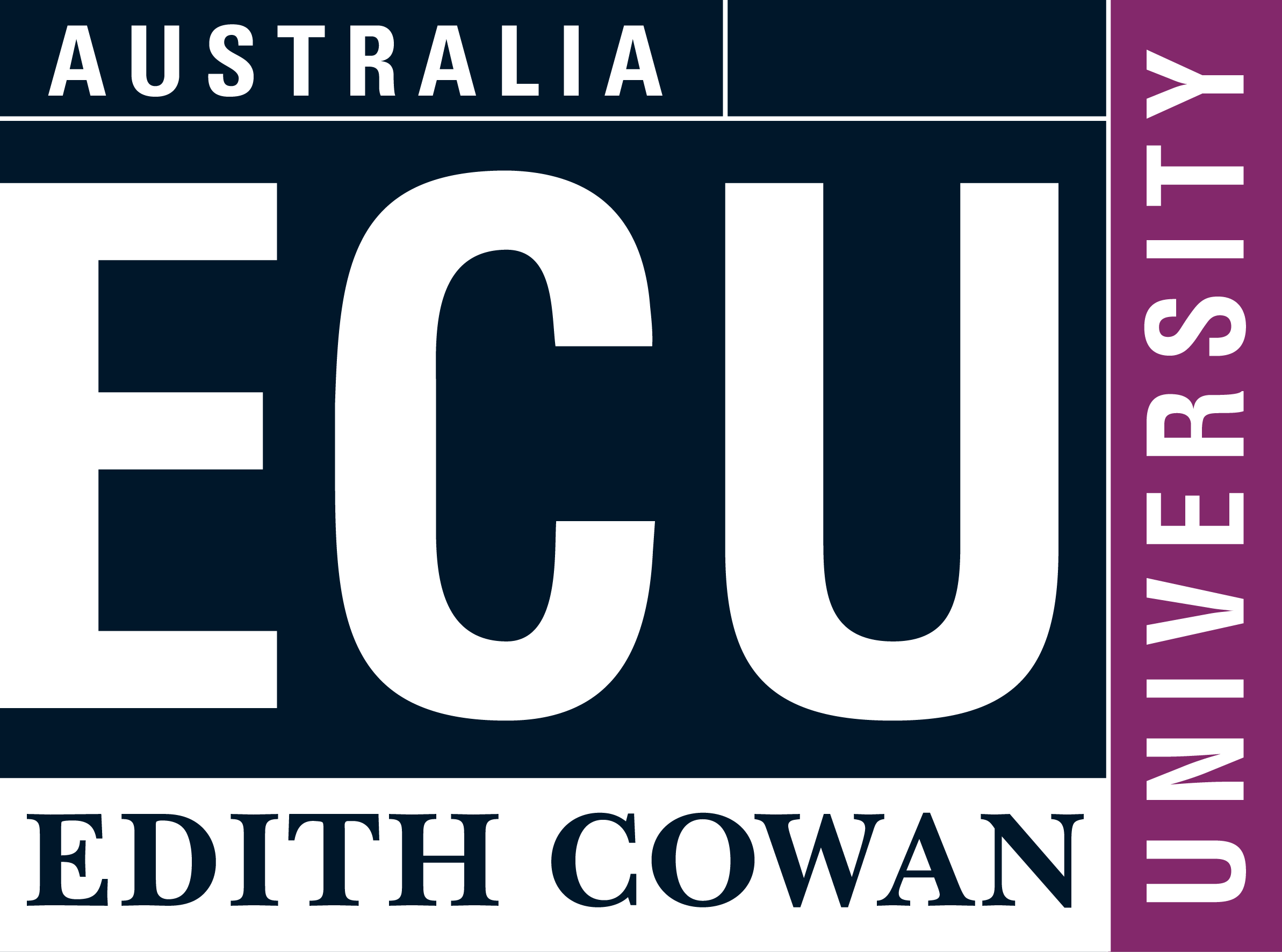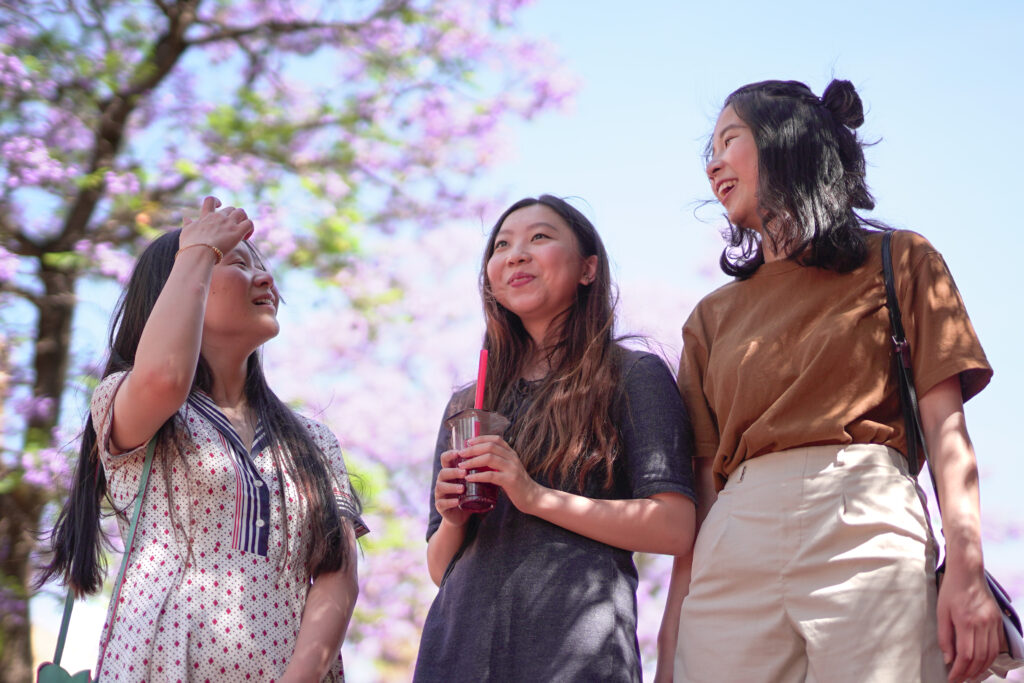So you’re interested in a performing arts degree – amazing! But where do you start?
The application process for a performing arts course is a bit different from other degrees. Your academic results are still important, but you’ll also be assessed on your creative abilities through auditions, portfolios, and interviews.
Whether you’re auditioning for acting, music, dance, or another discipline, you want to demonstrate your skills and passion effectively. For international students, it’s important to understand and meet the unique entry requirements of your chosen institution.
Let’s take a look at some tips to help you succeed in your application process.
Check the entry requirements
Before you begin, make sure you fully understand the entry requirements for the course you’re applying to. Some performing arts programs have specific prerequisites, such as prior training or language proficiency, especially for international students.
You may also be required to prepare and submit a specific monologue, music piece, or dance routine based on the program you are applying for. Check if the course requires a video audition, live performance, portfolio submission, or a combination of these.
Deadlines for each education provider are different – keep an eye on submission dates to make sure you don’t miss out.
Preparation is key
You can never be too prepared! Learn about your education provider’s expectations by reviewing their audition guides and interview tips, as these often provide important details about what the assessors will be looking for.
Practice answering common interview questions with confidence and authenticity. You might be asked about your work ethic, ability to collaborate, and adaptability – qualities essential in the performing arts.
Connecting with current students is a great way to learn about the audition and interview process. Don’t be afraid to ask questions – the more you know, the better prepared you’ll be to ace your application.
Nail the video audition
Many institutions require video auditions as part of the first-round selection process. A good video audition is more than just a polished performance! Ensure that your recording environment is quiet, well-lit, and free from distractions.
Follow the submission guidelines carefully – video quality, file format, and performance length all matter. Universities often have strict requirements for video submissions, including the type of performance pieces, framing, and technical specifications. Record multiple takes and ask a trusted friend or advisor to review them to ensure you’re submitting your best work.
Be ready for a recall audition
Once you pass the initial audition, some universities may invite you for a recall audition, or callback. This might take place in person or online, depending on your location. This second round often involves more detailed assessments, such as group exercises, improvisation tasks, or further interview questions.
Recall auditions are used to observe how you perform under different circumstances and interact with others, so being flexible and adaptable is crucial.
You’ve prepared – what’s next?
Let’s take a look at the application process for students at the Western Australian Academy of Performing Arts (WAAPA), one of Australia’s most prestigious performing arts schools (and Hugh Jackman’s alma mater!). As expressed by Cen Huang, a PhD candidate in music studies at WAAPA, originally from Nanjing, China, “The application process requires thorough preparation and timely communication. My advice for international students is to engage early with admissions for guidance and ensure all documentation is meticulously prepared.” Now serving as a pianist, lecturer, and Director of Contemporary Music at Nanjing University of the Arts, with a career spanning over ten years in performance and education across various international venues, Cen is an expert at nailing the audition.
View this post on Instagram
Step 1: Video audition submission
WAAPA asks for video submissions, where international students perform set pieces, such as monologues, songs, or dance routines.
Note that WAAPA’s BA in Arts and Cultural Management differs slightly from other courses, which takes the form of an interview rather than an audition. You will be invited to submit a video recording talking about your interest in and passion for the arts and cultural sector.
“Treat each practice session as an audition. Consistent, focused preparation builds confidence, allowing you to centre on musical expression, rather than stress,” shares Cen.
Step 2: Recall audition
Successful applicants might be invited to a recall audition, either online or in person. As an international student, you can expect to conduct this online unless you’re already in Australia. Here, they assess further aspects of your performance, such as improvisation skills, emotional depth, and adaptability.
Step 3: Outcomes and offers
After the auditions and interviews, WAAPA will notify you of your application status. If your audition or interview is successful and you meet ECU’s academic and English language entry requirements, you’ll receive an official offer via email!
In some courses, you may be placed on a reserve list if there are no spots available. This means your application wasn’t successful initially, but you may be contacted later if a spot opens up to check if you’re still interested.
With some solid preparation and effort, you can turn your passion for the performing arts into your career. Remember that your institution wants you to succeed! If studying at WAAPA is your dream, you’re encouraged to submit any questions you have about the audition or interview process before your application, and the team will be able to help you out.
Good luck with your audition!






